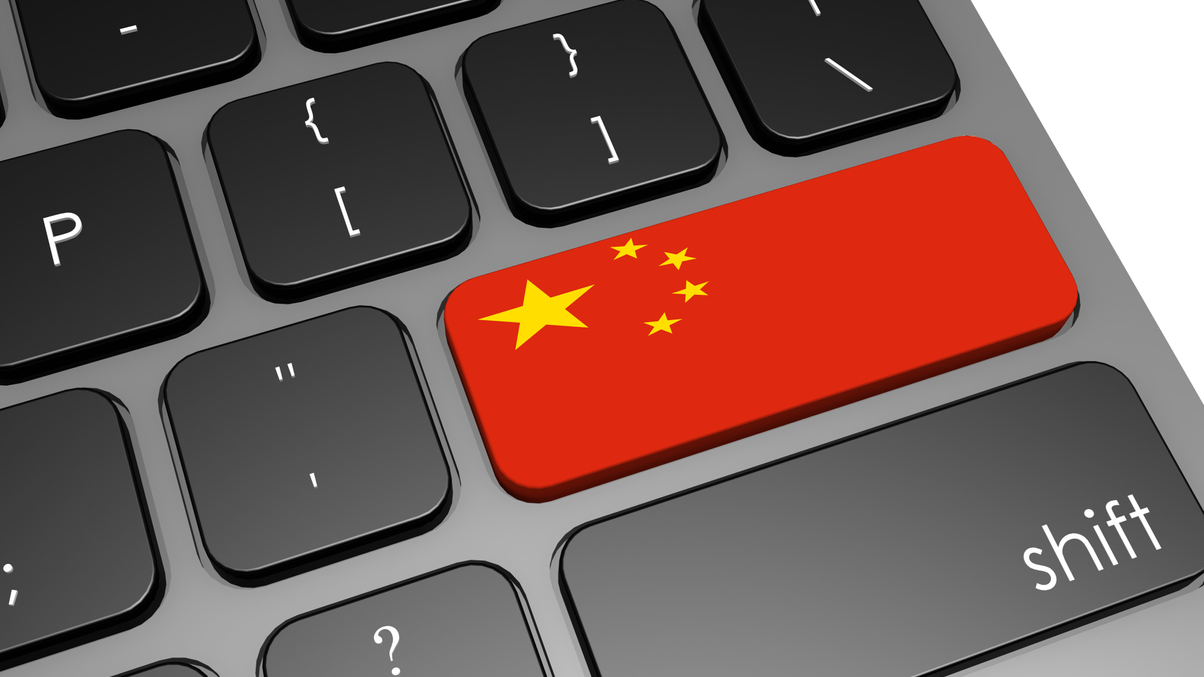Confidence rising that China will dilute new IT rules
The outcry over new rules compelling foreign firms to buy Chinese IT equipment could force authorities to back down, according to the head of the EU Chamber of Commerce in China.

Chinese authorities could backtrack on restrictive IT rules for banks in response to criticism of the new regime, the head of a European business chamber said.
Sign in to read on!
Registered users get 2 free articles in 30 days.
Subscribers have full unlimited access to AsianInvestor
Not signed up? New users get 2 free articles per month, plus a 7-day unlimited free trial.
¬ Haymarket Media Limited. All rights reserved.


